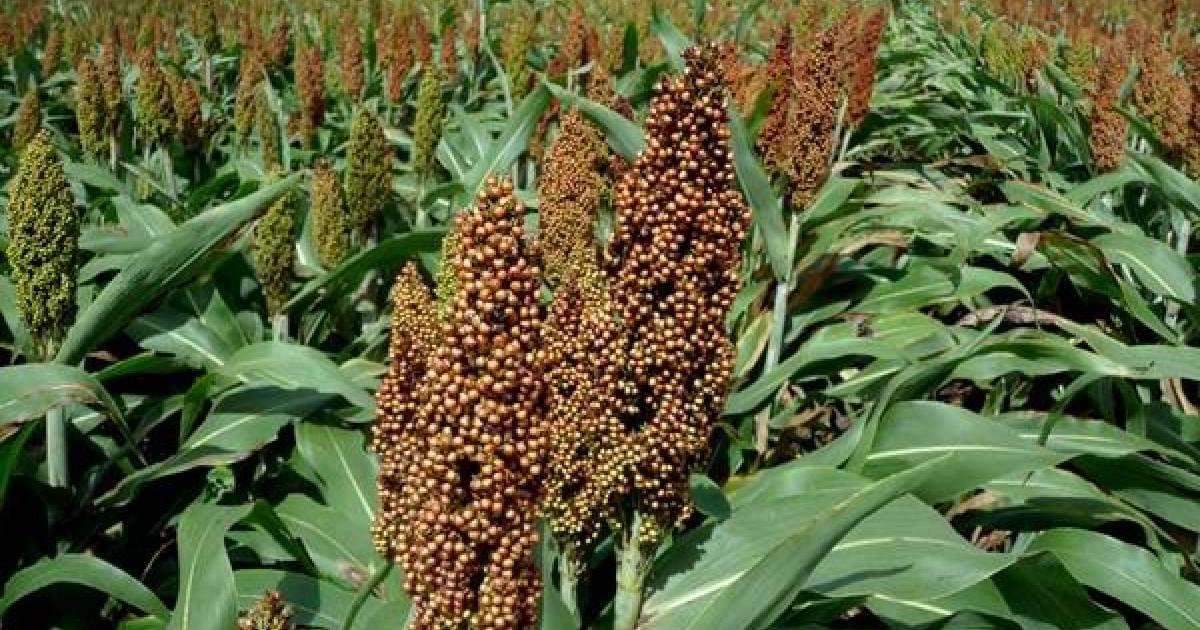In Sancti Spíritus province, an initiative has been launched to introduce and expand the cultivation of sorghum for food purposes, aiming to particularly aid those with celiac disease, including 42 children diagnosed with the condition in the area. The Pasture and Forage Science and Technology Unit in the central province is spearheading this project, which could become a local agricultural answer to a chronic and neglected medical need in Cuba: providing a safe and accessible diet for celiac patients.
The plan involves assessing over 25 varieties of the grain, some of which have been donated by Vietnam, while others are sourced from the Villa Clara Agricultural Research Center. The goal is to produce gluten-free flour suitable for making bread, sweets, and other foods tailored for individuals who must avoid wheat, barley, rye, or oats, as reported by the provincial newspaper Escambray.
José Ángel Nápoles Gómez, the provincial director of Pasture and Forage, stated, “We have all the conditions in place to evaluate the sorghum germplasm (collection of genetic material) and advance this project. Moreover, the area offers ideal conditions to assess its cultivation both in dryland and irrigated environments.”
He also mentioned that the project benefits from the expertise of the Central University Martha Abreu of Las Villas, which has been disseminating its significant experience in this field across the country, mainly in the central region.
Collaborative Efforts for a Sustainable Future
The official noted plans for a productive "linkage" with the state-owned company Labiofam, responsible for milling the grain, and with the food industry, which would manufacture these products according to health standards. Escambray emphasized that promoting sorghum as human food is supported by the accumulated experience in Villa Clara, showcased recently at a scientific workshop in Sancti Spíritus.
Celiac disease is an autoimmune disorder in which consuming gluten—found in wheat, barley, rye, and some oat varieties—damages the small intestine. The condition hampers nutrient absorption and is only managed by adhering to a strict gluten-free diet.
Celiac Challenges in Cuba
While accessing a nutritious and balanced diet is already challenging for the Cuban population, the situation is even more dire for those diagnosed with celiac disease. Approximately 900 people in Cuba are diagnosed with celiac disease, though it is believed that others remain asymptomatic, as reported by the official newspaper Granma in May 2024.
In 2020, a report by Juventud Rebelde highlighted the difficult situation faced by those unable to consume products such as bread, cookies, pizza, noodles, sweets, milk, ice cream, sausages, and soup mixes, among others. At that time, the publication noted only four specialized gluten-free bakeries were operational in the country: located in Havana, Villa Clara, Santiago de Cuba, and a forthcoming one in Holguín. These establishments were responsible for supplying gluten-free products to patients in other provinces.
However, in 2022, Yanilys Sariego, a mother of a celiac child, criticized the high cost of government-sold food for these patients, some of which are priced in foreign currency and are very expensive, demanding her right to a dignified life in Cuba. Sariego pointed out that a package of gluten-free spaghetti was sold for 4.17 MLC, gluten-free sauce for 2.17 MLC, a 285-gram can of corn for 1.92 MLC, and a bundle of beans not exceeding a pound was priced at 50 Cuban pesos in agricultural markets.
In recent years, private sector ventures in Cuba have emerged, producing healthy foods that meet the needs of individuals with various health conditions, including celiac disease.
Common Concerns About Sorghum and Celiac Disease in Cuba
What is the main goal of the sorghum project in Sancti Spíritus?
The primary aim is to introduce and expand the cultivation of sorghum to provide a safe and accessible gluten-free diet for celiac patients, particularly benefiting diagnosed children in the province.
Why is sorghum considered a viable option for celiac patients in Cuba?
Sorghum is considered suitable because it is naturally gluten-free, making it an excellent alternative for creating flour used in gluten-free bread, sweets, and other foods for those with celiac disease.
How has the Cuban private sector responded to the needs of celiac patients?
In recent years, private enterprises in Cuba have started producing healthy foods that cater to individuals with specific health conditions, including celiac disease, thus supporting dietary needs that the government struggles to meet.
